The team

Between February 2019 and January 2023 the WoPoss team consisted of three researchers funded by the SNSF, the PI Francesca Dell'Oro, the Senior Researcher Helena Bermúdez Sabel and the PhD student Paola Marongiu. Thanks to the generosity of the University of Lausanne (2019-2020) and of the University of Neuchâtel (2022), we were able to hire a number of students as assistants. They helped us in the annotation task. The WoPoss project is now going on based on a reduced team and on external collaboration.
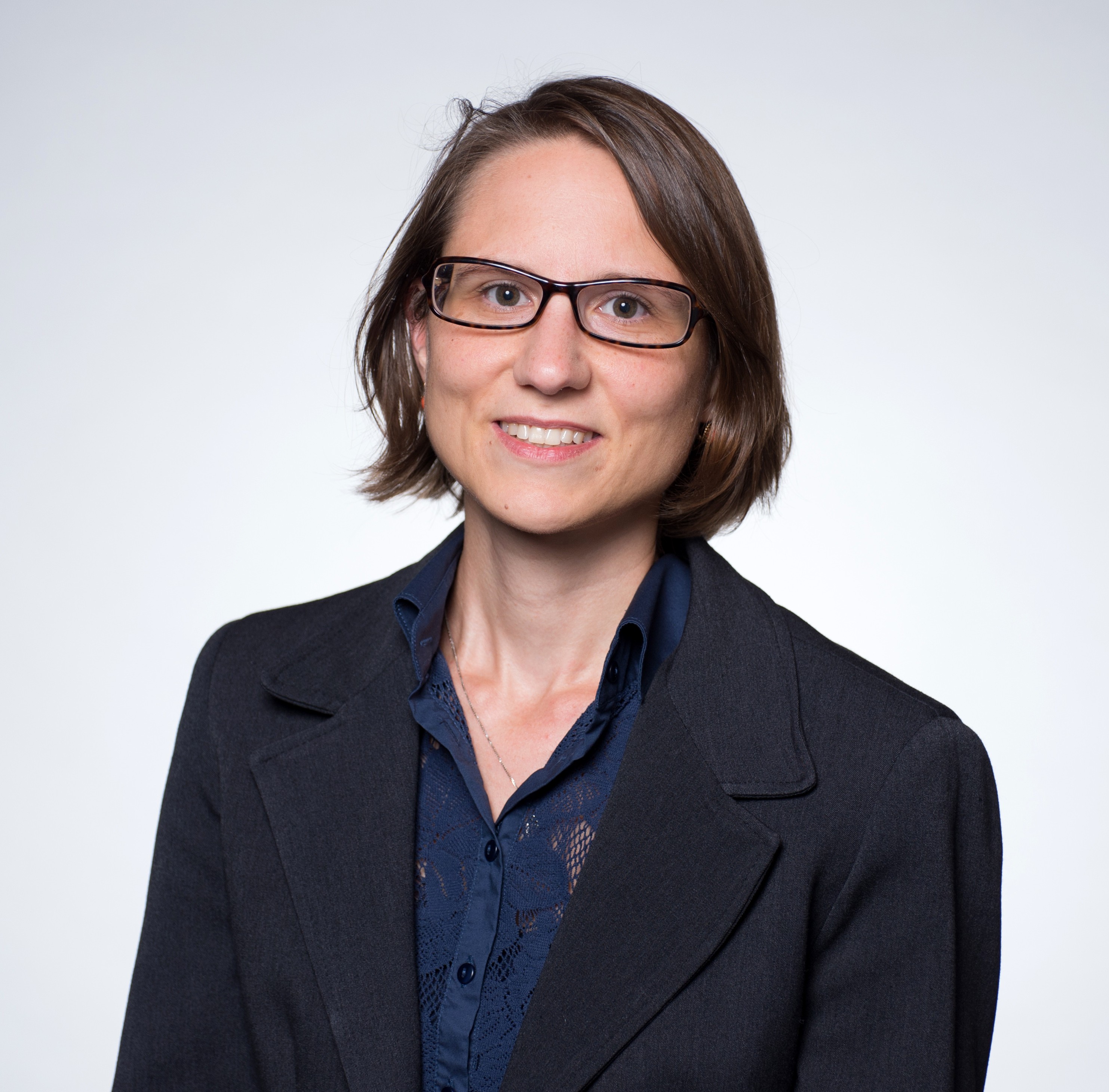
I am SNSF assistant professor at the University of Neuchâtel and the PI of the WoPoss project and of its follow-up project (Modality mapping onto sentence types).
I am a historical and diachronic linguist and a classical philologist with a strong interest in semantics, typology and corpus linguistics. My research and expertise focus on the following areas:
- the analysis of meaning –in particular modal meaning– from both a diachronic and a synchronic perspective as well as the linguistic study of the metaphor
- the development of complementary methods which combine computational tools and philological expertise and their application to ancient languages
- the epistemological analysis of key concepts in the history of linguistics
- the linguistic analysis of ancient documents –inscriptions, manuscripts– in their material context
- the methods of teaching languages, in particular Classical languages
External members

Helena Bermúdez Sabel holds a PhD in Medieval Studies from the Universidade de Santiago de Compostela. Her doctoral research involved the development of a digital edition model that enables the quantitative study of linguistic variation through the automatic comparison of witnesses. An implementation of the model was illustrated with a Galician-Portuguese secular poetry corpus.
Before working in the WoPoss project, she held a position at the Laboratorio de Innovación en Humanidades Digitales (Madrid, Spain). She was a researcher at an ERC-funded project focused on enabling the interoperability of poetic resources from European traditions via linked open data. She also has a solid experience as an instructor in Digital Humanities courses.
Helena is interested in data modeling and the formalization of annotation schemes. She is proficient in XML technologies and linked data. Thanks to her work in this project, she is exploring further programming languages.
At WoPoss, she contributed to the annotation model. She supervises the technical aspects of the annotation workflow, including the automation of corpus pre-processing and post-processing. She has also developed the interface of the project.
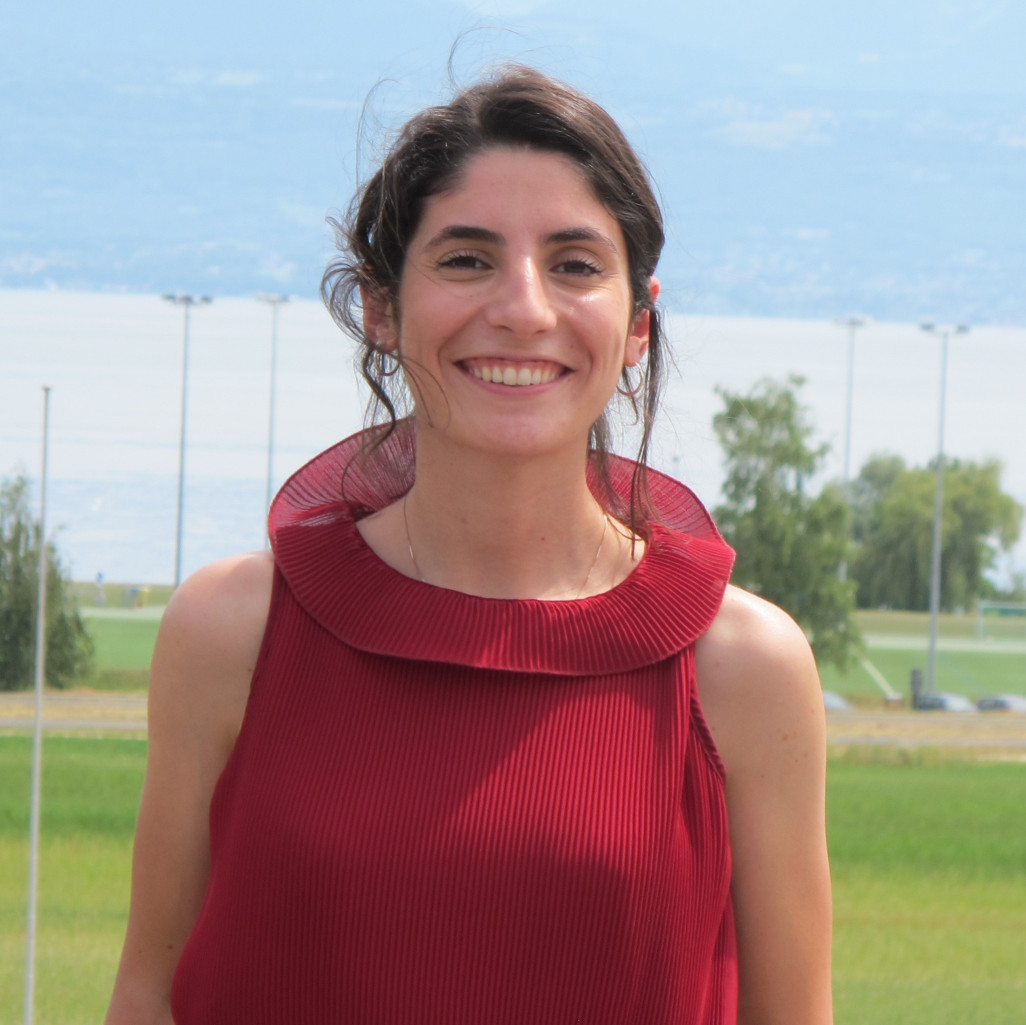
Paola Marongiu is a PhD student in Linguistics at the University of Neuchâtel, Institut des sciences du langage. Her PhD thesis focuses on the analysis of the co-occurrence of modal markers in Latin, from both a quantitative and a qualitative point of view. Her research interests include Theoretical Linguistics, with a focus on Latin and Modality, Digital Humanities and Computational Linguistics. More specifically, in her PhD project she will employ computational methods and resources in order to investigate a theoretical problem on multiple perspectives.
In 2018 she obtained a Master degree in Theoretical and Applied Linguistics from the University of Pavia, with a thesis focused on the conversion of the Index Thomisticus Treebank into the Universal Dependencies annotation style.
She has a Bachelor in Modern Studies, obtained from the University of Bologna in 2016.
Collaborators
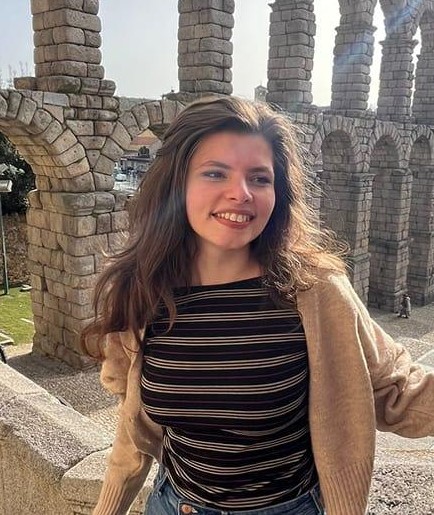
Ottavia Cepraga is a SNSF research assistant at the University of Neuchâtel (within the WoPoss project) and is also currently completing her PhD at the Università per Stranieri di Siena. Her doctoral thesis deals with the constructions of verbs of auditory perception in Classical Greek, focusing on their semantic and pragmatic aspects. She obtained her BA and MA from the University of Bologna, where she studied Classics and Linguistics. Her MA thesis on the genitive/accusative alternation with perception verbs in Ancient Greek was awarded first prize for the best MA thesis in Linguistics 2020/21 by the members of the Linguistic Circle of the University of Bologna (CLUB) and for the best MA thesis in Indo-European Studies by the Indogermanische Gesellschaft. During her MA, she also completed a 3-month internship at the Laboratoire d'Analyse Statistique des Langues Anciennes of the University of Liège, where she contributed to the annotation of a corpus of Greek and Latin texts. Her research interests include Ancient Greek and Latin linguistics, linguistic typology, and historical linguistics. She joined the WoPoss project to better understand the encoding of modality in Latin and to strengthen her skills in the field of digital humanities.


Emma Marquis is currently studying at the University of Neuchâtel since 2021, for her Bachelor’s degree in Civilizations and Languages of Antiquity and the Middle Ages, French Literature and Art History. She is particularly interested in ancient languages such as Latin, Greek, Old French and Biblical Hebrew. By working for WoPoss, she has found another way to understand and appreciate the Latin language and literature even more.
Past collaborators
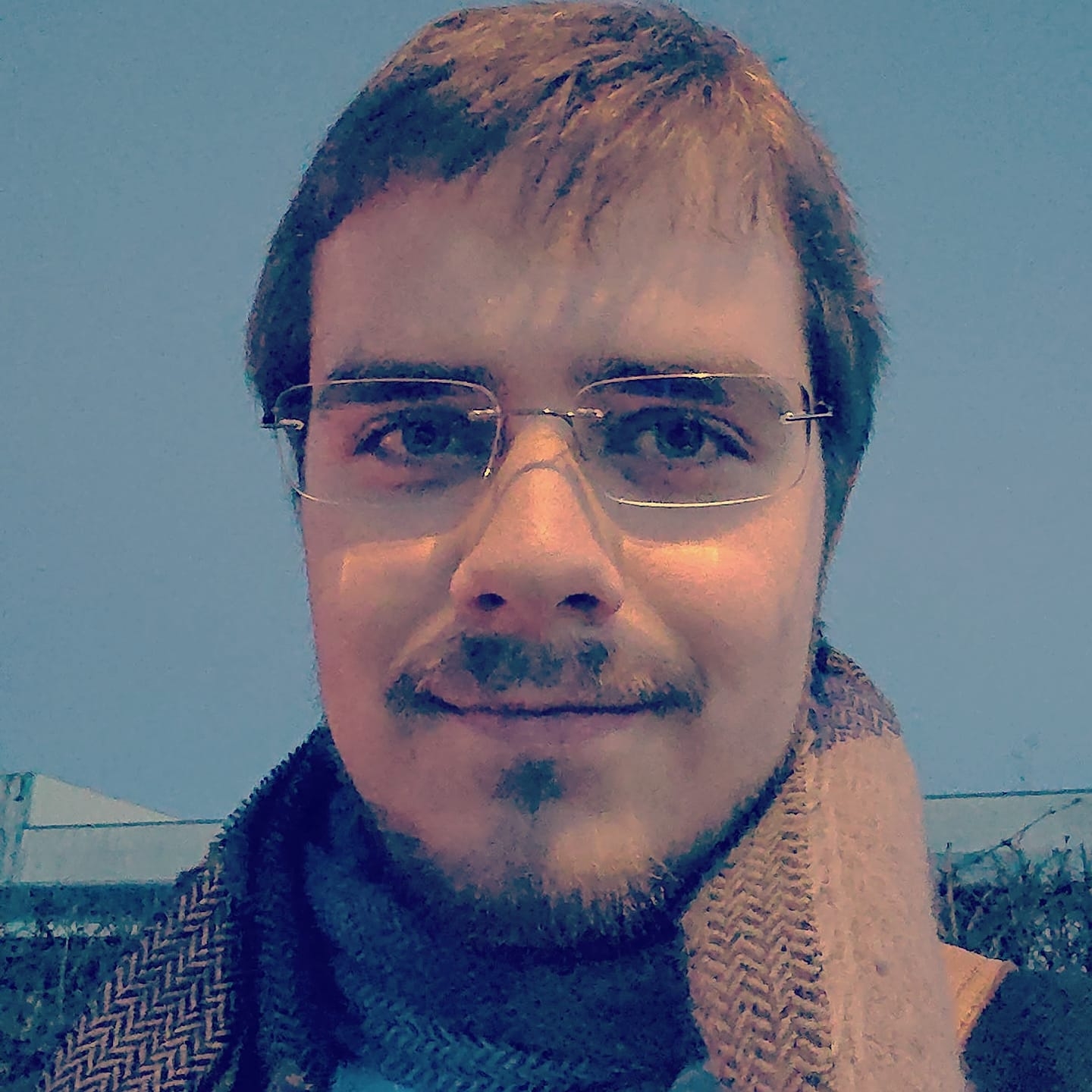
Kelvin Bruggmann is a Bachelor (BA) student at the University of Lausanne. His interests are multiple but centered on Latin language and literature and (historical) linguistics. He wants to develop and acquire new abilities and skills in the fields he is studying. His main goal is to better understand ancient cultures, including their languages, in order to better understand our current world. For all those reasons, he is taking part and contributing to this project.
In his words:
During my time working with the WoPoss team, I had the opportunity to learn more about the (complex) latin syntactic functions and about a whole new field of knowledge that is really underestimated. It forced me to try to think like an ancient author, more so since I worked with Plautus which already is a really complex “character” on its own. I learned a lot, and with this message I thank the WoPoss team for their help and for their kindness, welcoming me in this adventure.

Kevin read Classics at University of Neuchâtel (BA 2019). He is currently pursuing a Master’s degree in Ancient Greek and Digital Humanities at University of Lausanne. Kevin's main interests within the Classics lie in Philology. His interest in Ancient Greek and the Latin language as well as their literature is the main reason why he decided to join the project Planude traducteur d’Ovide which gives him the opportunity to read a parallel corpus in Greek and Latin.

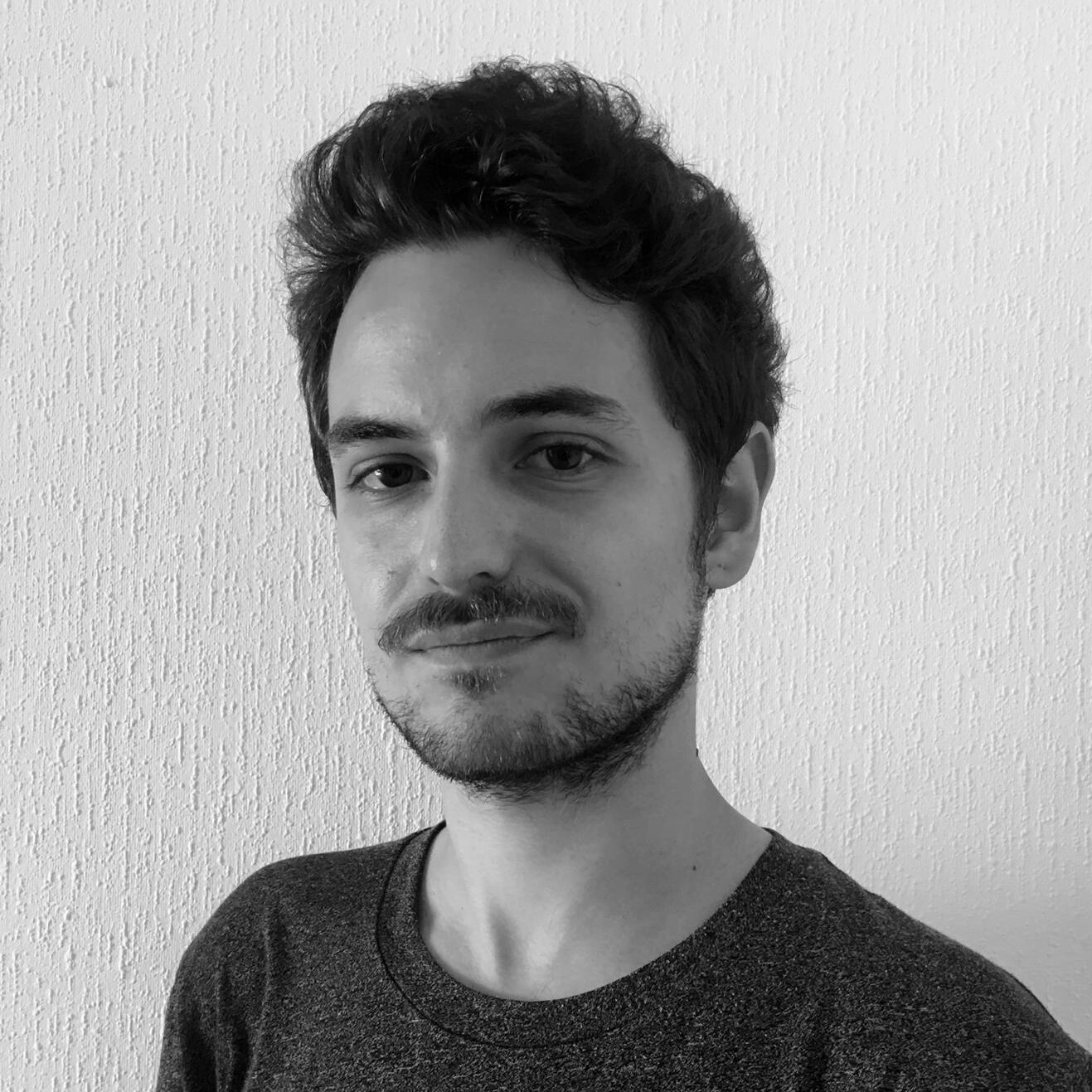
Maël Graa obtained a Bachelor of Arts in History and Latin and he decided to deepen his knowledge in these two fields during his post-graduate training. He is currently pursuing a Master degree at the Université de Lausanne, with an additional specialization in Discourse and Public Communication Analysis. His Master Thesis concerns the Latin poetry by Théodore de Bèze.
In his words:
Being a member of the remarkable WoPoss team made me aware of the issues of Latin modality as well as the methodological possibilities provided by the digital humanities. I am grateful and proud to have been part of such an outstanding project, whose results, whatever they may be, will certainly be of capital importance for the field of historical linguistics and ancient languages.

Pauline Jacsont defended her master's thesis at the University of Neuchâtel in the summer of 2021, on studying the Latin tragedies of the time through the prism of textometry. She is now studying Digital Humanities at the University of Geneva (certificate of specialisation), and she also works on a digitisation project at the Spanish Institute at this same university (Untangling the cordel). Her passion for classical studies motivated her to join the Woposs project, offering her the opportunity to collaborate with the Sapienza University of Rome to enrich the EDR epigraphic database.

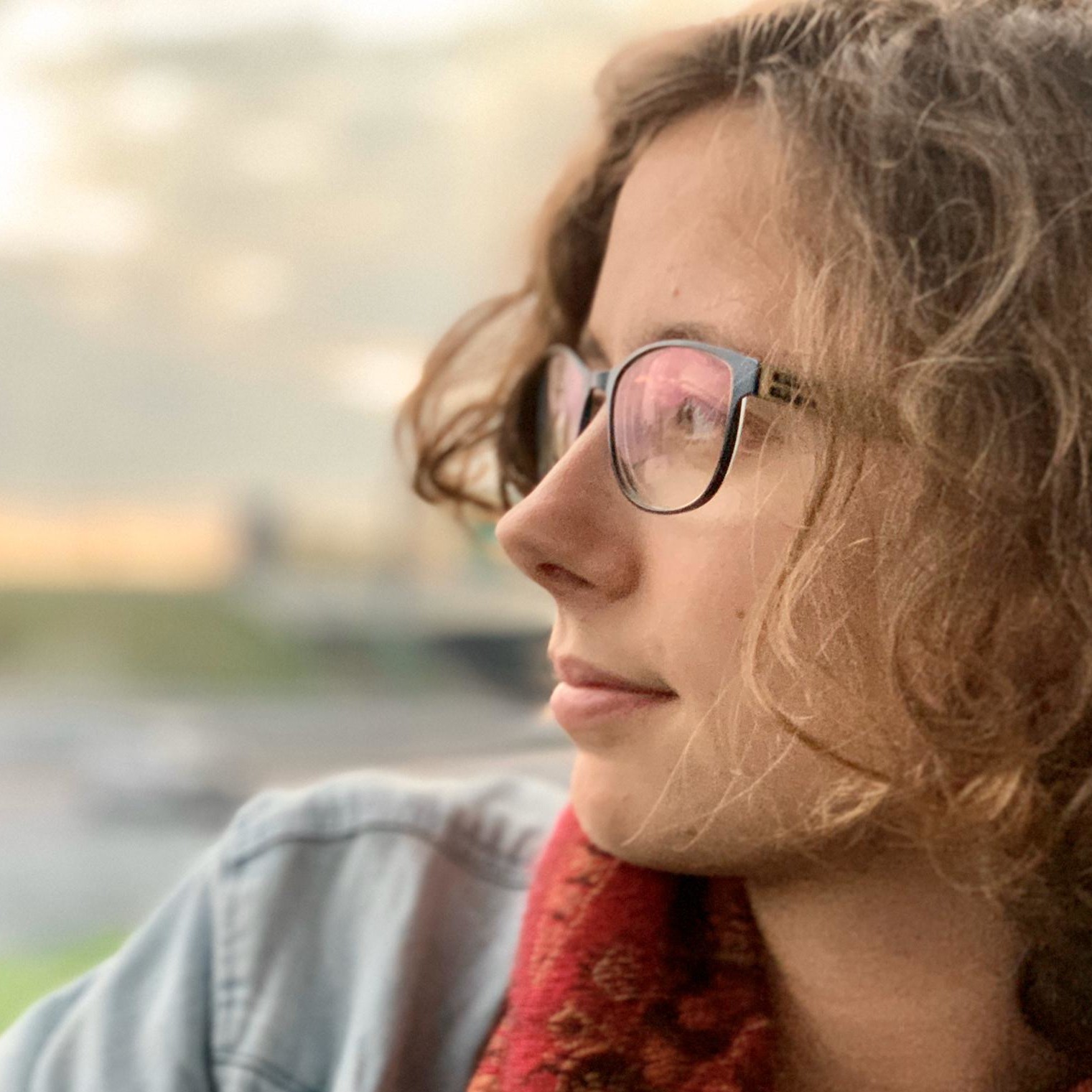
Séverine Reymond obtained her Bachelor in Music at the Haute Ecole de Musique de Lausanne. Due to her keen interest in interdisciplinarity and having in mind broadening her horizons, she chose to complete her BA in Letters, specializing in Latin and Theology. Her curiosity for linguistics and the opportunity to read complete Latin works have motivated her to be part of this project. She focuses her readings on Christian texts, thereby deepening her knowledge of the history and theology of ancient Christianity.
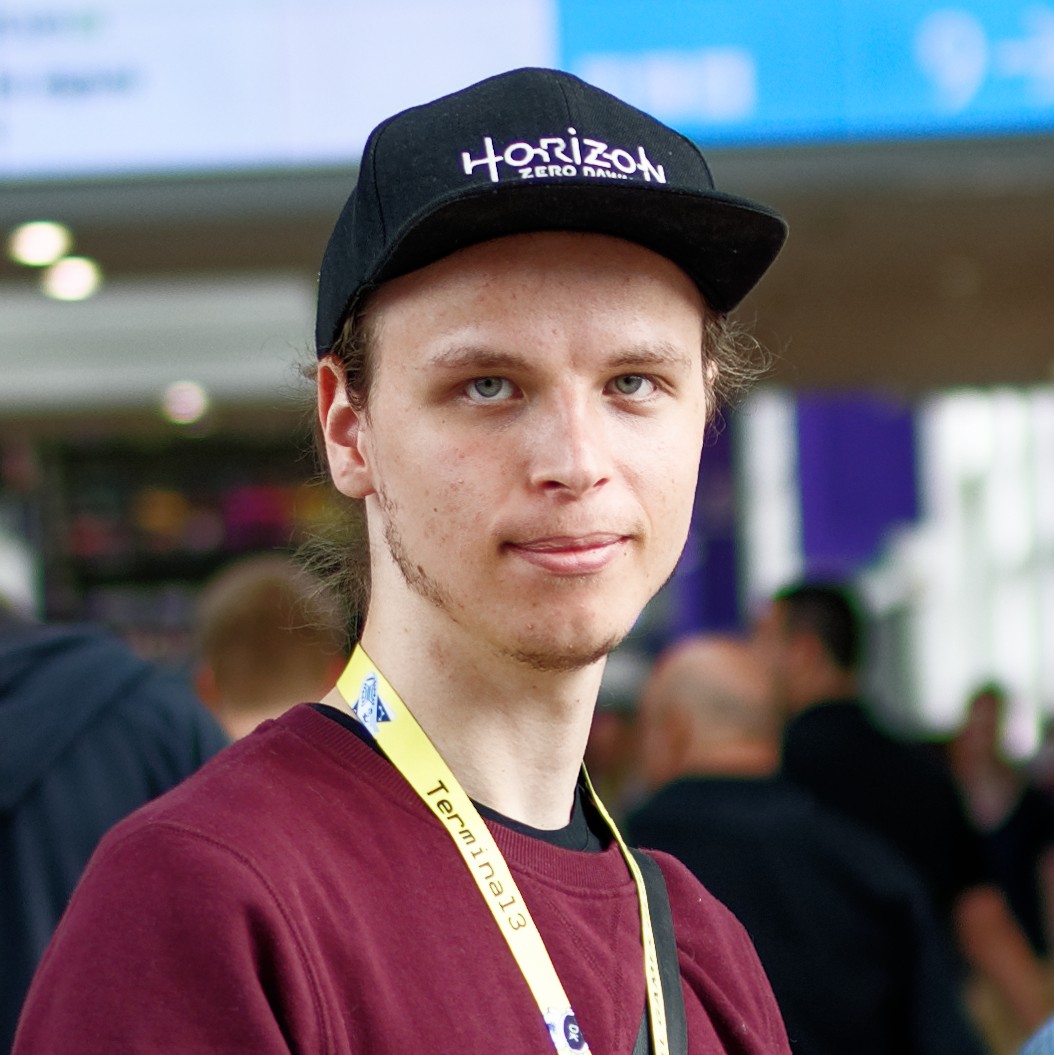
Loris Rimaz is pursuing a Master’s degree in Computer Science for the Humanities. He joined the WoPoss team to work on the visualisation of the semantic maps. He had a particular interest in data visualization and wanted to work on something more specific than his class assignments. The task at hand forced him to deepen his knowledge in Data-Driven Documents (D3) as well as web programming in general. Confronting the expectations of years of studying and the reality of an actual development project is likely the most positive takeaway of his whole experience working on this project.